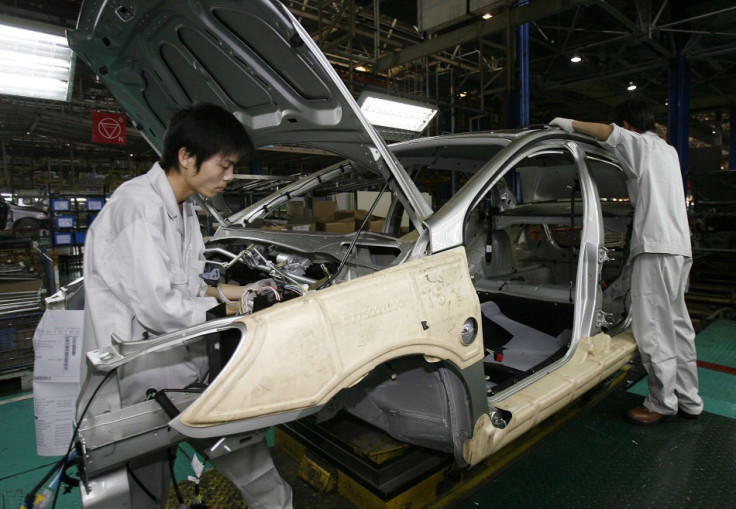China's manufacturing sector unexpectedly expands ahead of New Year

China's manufacturing sector unexpectedly expanded in February with a closely watched measure rising to a four-month high.
The HSBC flash China manufacturing purchasing managers' index (PMI) rose to a four-month high of 50.1 in February, compared to 49.7 in January. Analysts polled by Reuters were expecting a flash reading of 49.5.
A reading above 50 indicates expansion in the sector on a monthly basis.
The flash reading, which is based on about 85-90% of survey responses, showed an increase in manufacturing output and new orders at a faster rate than the previous month.
Nevertheless, new export orders decreased in February, indicating weak demand from abroad. Both input and output prices remained in contraction territory, while sector employment decreased at a faster rate.
"Domestic demand firmed while new export orders contracted for the first time since April 2014. Both input and output prices remain in contraction," said Hongbin Qu, HSBC China chief economist.
"Today's data point to a marginal improvement in the Chinese manufacturing sector going into the Chinese New Year period in February. However, domestic economic activity is likely to remain sluggish and external demand looks uncertain. We believe more policy easing is still warranted at the current stage to support growth."
HSBC is due to release final PMI data on 2 March.
China's official manufacturing PMI fell to 49.8 in January from 50.1 in December, its first decline below 50 since September 2012.
China's economy is facing growth slowdown, with the rate of economic expansion slowing down to 7.4% in 2014 – the slowest pace in 24 years. The slowdown is attributed to the country's cooling property market, sluggish domestic demand and volatile exports.
The People's Bank of China has responded to the slowdown with a number of stimulus measures and policy easing. Analysts expect more easing from the central bank given the tough situation.
© Copyright IBTimes 2025. All rights reserved.






















